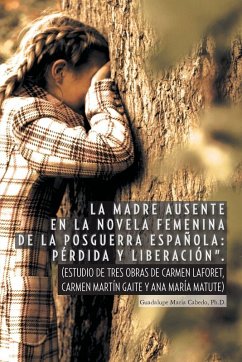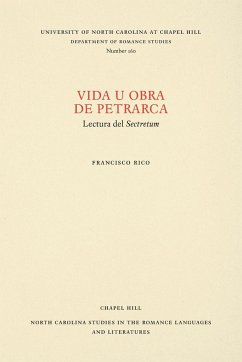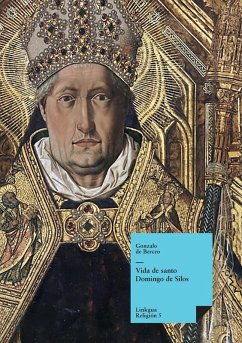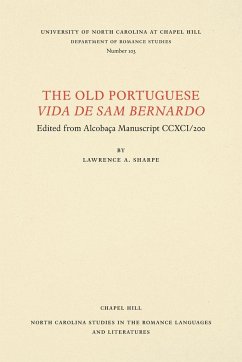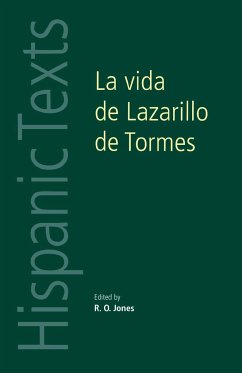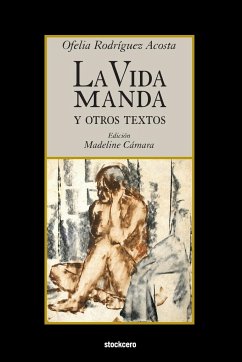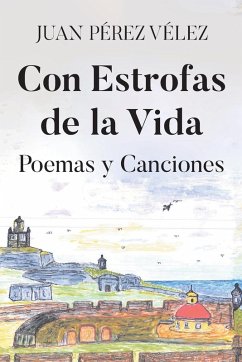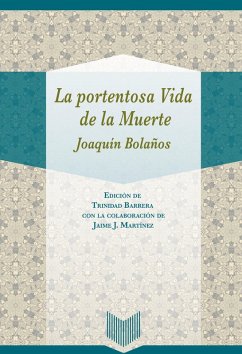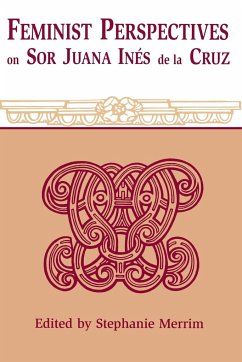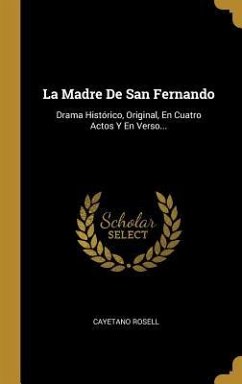
Vida de La Madre Ines de La Encarnacion
Versandkostenfrei!
Versandfertig in 1-2 Wochen
23,99 €
inkl. MwSt.

PAYBACK Punkte
12 °P sammeln!
Vida de la Madre Ines de la Encarnacion is an autobiographical account authored in the seventeenth century by a Spanish beata, or lay holy woman, named Ines Lopez Melendez (1564-1634) who later became an Augustinian nun known as Ines de la Encarnacion. Her text is a representative example of the literary genre of women's spiritual autobiography according to the model established by the Libro de su vida (Book of her Life) by Teresa of Avila. Madre Ines's Vida recounts both the day-to-day earthly and spriritual experiences of this female mystic. Born in the mountain village of Genestosa (Leon) t...
Vida de la Madre Ines de la Encarnacion is an autobiographical account authored in the seventeenth century by a Spanish beata, or lay holy woman, named Ines Lopez Melendez (1564-1634) who later became an Augustinian nun known as Ines de la Encarnacion. Her text is a representative example of the literary genre of women's spiritual autobiography according to the model established by the Libro de su vida (Book of her Life) by Teresa of Avila. Madre Ines's Vida recounts both the day-to-day earthly and spriritual experiences of this female mystic. Born in the mountain village of Genestosa (Leon) to cattle owners who became impoverished, Inés felt from her earliest childhood a strong vocation to the religious life and perceived visionary encounters with Jesus and the Virgin Mary. Orphaned by the age of nine, she had to resort to begging and to various jobs to support herself, including those of sheep herder, caregiver of a disabled child, and domestic servant of several wealthy ladies. However, Inés never abandoned her dream of becoming a nun in a society in which women, both to marry as well as to enter a convent, needed funds to pay a dowry. As a beata, Ines performed the duties of what we today would call a crisis counselor, a social worker, and a fundraiser for the establishment of new convents before eventually entering the Augustinian convent in Valladolid herself at the age of forty-seven. The autobiographical narrative she dictated to the Mother Superior of her convent between 1627 and 1634 offers a fascinating and revealing glimpse into the daily lives of women in sixteenth and seventeenth century Spain.



